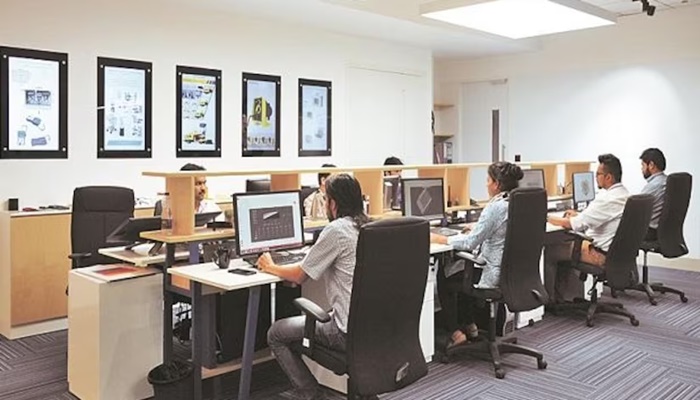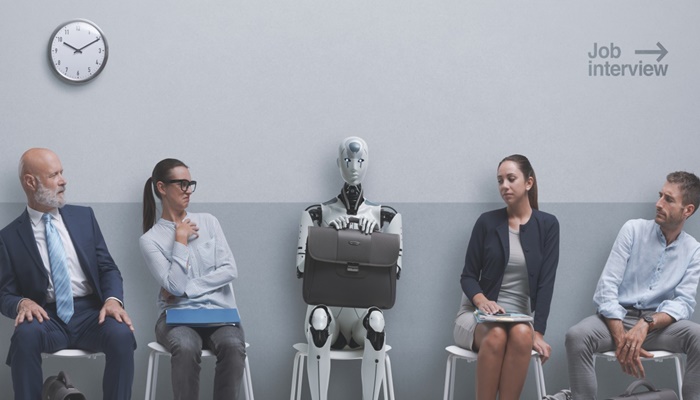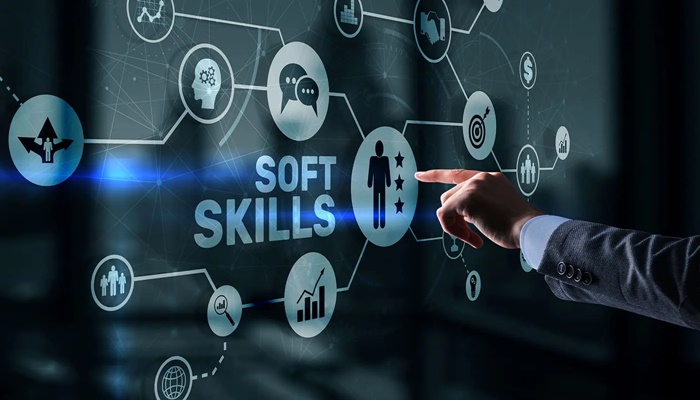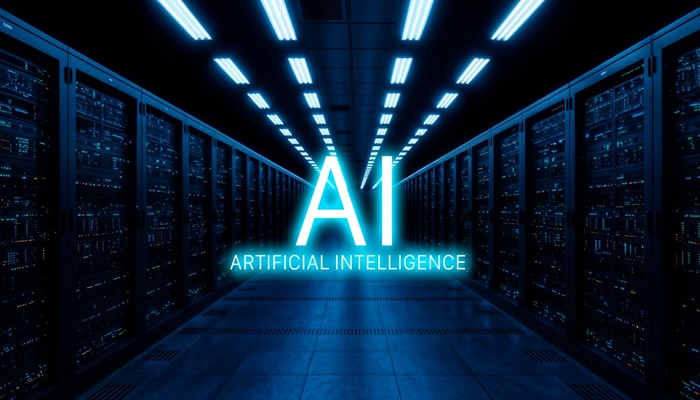Let’s be honest, the way we work has changed fundamentally. Remote and hybrid setups aren’t just a trend; they’re the new normal. And in this dispersed landscape, the “vibe” of our workplace – what we call work culture – matters more than ever. It’s not just about job satisfaction anymore; it’s about whether we thrive, feel connected, and ultimately, whether our creers really take off.
But here’s the interesting twist: artificial intelligence (AI) isn’t just about automating tasks and crunching numbers. It’s quietly, yet powerfully, reshaping the very fabric of our remote work culture, helping us stay engaged and well, even when we’re miles apart.
The Remote Reality: Challenges and How AI Steps In
We all know the challenges of remote work: the spontaneous coffee breaks are gone, water cooler chats are replaced by chat windows, and it can be tough to feel truly connected. The core ingredients of a great work culture – clear communication, inspiring leadership, and genuine team dynamics – need a new approach when everyone isn’t in the same room. This is where AI is proving to be a game-changer.
1. Making Communication Flow, Not Falter: Think about those endless virtual meetings. AI is stepping in to make them actually productive. Tools are now offering:
- Smart Meeting Summaries: Ever missed a key detail because you were multitasking? AI-powered assistants can transcribe meetings, highlight action items, and even translate languages on the fly, ensuring everyone’s on the same page, no matter where they are or what language they speak.
- Intelligent Notifications: Our inboxes and chat apps are relentless. AI is learning to filter out the noise, delivering only the most crucial messages so we can focus on what truly matters without constant distractions.
- Smarter Collaboration: Whether it’s Trello or Slack, AI integrations are automating task assignments, suggesting optimal meeting times across different time zones, and even giving insights into how teams are interacting. This makes remote project management feel surprisingly seamless.
2. Boosting Engagement, One Personalised Touch at a Time: It’s easy to feel like just another face on a screen. AI is helping companies make us feel seen and valued:
- Tailored Learning Paths: Remember generic training videos? AI-driven platforms are now customising onboarding for new hires and suggesting specific training modules or career paths based on our skills and our aspirations. It’s about growth that feels personal.
- Real-time Feedback & Recognition: Imagine getting continuous feedback that actually helps you improve, or having your contributions recognised even when your manager isn’t physically there to see it. AI can analyse performance data and communication patterns to ensure feedback is consistent and fair, fostering a culture of appreciation.
- Checking the Pulse of the Team: AI-powered tools can analyse sentiment from surveys and even chat interactions to gauge team morale in real time. This means HR and leaders can spot potential issues early and address them, making sure our voices are heard and we feel valued.
3. Prioritising Our Well-being and Mental Health: The blurred lines between work and home life in remote setups can lead to burnout. AI is offering some much-needed support here:
- Smart Workload Management: AI can help flag when our workload might be getting out of hand by analysing our patterns. It can even suggest taking a break or alert managers if it looks like we’re headed for burnout.
- Accessible Wellness Support: There are now AI-powered chatbots and apps that offer 24/7 access to mental health support, provide coping strategies, and even connect us with professionals, all with discretion.
- Flexible Scheduling, Optimised: AI isn’t here to tell us when to work, but it can help us optimise our flexible schedules by analysing when we’re most productive. This helps us create a work-life balance that actually works for us.
The Human Element: Still at the Core
It’s crucial to remember that AI is a tool, not a replacement for human connection. While AI can handle the data and streamline processes, the warmth, empathy, and genuine understanding that define a truly great work culture will always come from people. We need to ensure that AI is used transparently, ethically, and always with our privacy in mind. It should free us up from mundane tasks, giving us more time for creative thinking, strategic discussions, and genuine human interaction.
Final Thoughts: Culture—Our Unshakeable Foundation
In this fast-paced hybrid world, work culture isn’t just a “nice-to-have”; it’s the very foundation of our success. By thoughtfully integrating AI, we can build a culture that fosters open communication, keeps us engaged, encourages continuous learning, and genuinely cares for our well-being. This doesn’t just attract the best talent; it keeps them, creating a workforce that’s adaptable, innovative, and resilient.
Change is the only constant, and so too is the need to nurture our culture. When we commit to it, both we, as individuals, and our organizations will flourish, side by side.




















